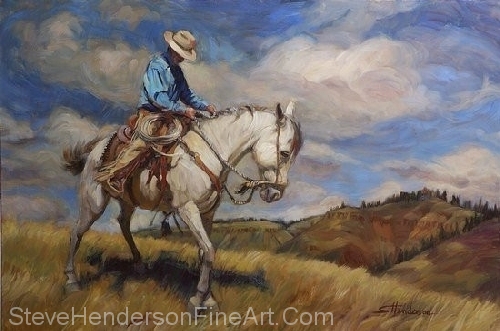“You hem me in — behind and before; you have laid your hand upon me.” (Psalm 139:5)
Have you ever felt as if God were keeping you on a very, very short leash?

I know, it’s not a good image, since the primary animals associated with leashes are dogs. The verse above, in Psalms, implies sheep, sent through the chute — again, not a particularly complementary image — but a descriptive one.
Sometimes, in our walk with Christ, our options are very few, and when we seek to turn around, step aside, or hop over an obstacle, we find that we have no room to move but one, and even then, the step allowed is small.
It’s frustrating, or, as the Psalmist continues,
“Such knowledge is too wonderful for me, too lofty for me to attain.”
Frankly, “wonderful” isn’t the adjective that immediately comes to mind, but the attendant observation that what God is doing, and how He works in my, and your, and our, lives, is too lofty for us to attain, is oddly comforting. Why?
We Are Not God
Because we don’t have to understand.
And while it’s vexatious being in the dark, it’s reassuring to know that our lack of understanding isn’t a road block to our moving ahead — we don’t have to — and indeed simply can’t — know everything in order for God to work in and through our lives; we just have to belong to the One Person who does know everything and who, just as importantly, never abandons us, ever:
“Where can I go from your Spirit? Where can I flee from your presence?” the Psalmist continues.

“If I go up to the heavens, you are there; if I make my bed in the depths, you are there.”
Within our Christian lives, which too often are intertwined with a teaching and doctrine of men that has nothing to do with God’s actual words, we battle with the idea that we are, always, the central problem behind each and every single issue we have:
“You don’t have enough faith,” we are told, or,
“You just need to trust God — your lack of belief in Him is blocking Him,”
or,
“If you’d simply submit and rest in Him, your prayer would be answered.”
“But I AM submitting and resting and waiting and believing and trying my very best!” we cry out, in which case we are informed,
“Well, you’re trying too hard.”
Well, that’s just really encouraging.
Man’s Teaching Discourages
Men’s words and teachings generally aren’t encouraging, which is why it’s important for each one of us to seek, read, and understand Scripture for ourselves, and Psalm 139, the whole thing, is a great place to spend some time.
The Psalmist begins by recognizing God’s sheer omnipresence and omniscience in his life, acknowledging God’s deep familiarity with all the writer’s ways. It is after these thoughts that the writer mentions being hemmed in, limited, we would say, and while being limited isn’t generally thought of as a positive thing, it’s not so bad if God’s hand on our shoulders keeps us from falling over a cliff, for example, or embarking on a path that leads to a place we ultimately do not want to go.
In other words, if you find yourself in that most exasperatingly frustrating place of not really being able to move, ANYWHERE, then don’t automatically assume it’s because you’re a Bad Dog, and you need to be leashed up in the yard until you’re a Good One.
Frustrated by Evil
Verses 18-22 of the Psalm express the Psalmist’s frustration with evil people, who speak of God with evil intent, adversaries who misuse His name:
“Do I not hate those who hate you, O Lord, and abhor those who rise up against you?”
(“Aren’t we on the same side, God? Don’t you want me to use the gifts you’ve given me to do something good, to counteract all that bad?”)
When you find yourself in a hemmed in place, frustrated because you want to go somewhere, DO something to make a difference in this sad, wretched world of ours, do not passively accept the admonition of those whose standard, conventional, and unvarying outlook is vapidly:
“It’s you. Your thoughts are bad and proud and wrong and evil, and God won’t answer your prayers because of this.”
Instead, finish the Psalm, which, after the lament against the wicked, concludes:
“Search me, O God, and know my heart; test me and know my anxious thoughts. See if there is any offensive way in me, and lead me in the way everlasting.”
The Psalmist knows that, many times but not all the time, we do block things, and in a tremendous step of faith he asks our Father to test those anxious thoughts, bringing the writer to a point of not being an obstacle, if indeed he is. The entire Psalm is a song of trust to our Creator, the one who made us and who knows precisely how we think and who we are, but chooses, with delight, to invite us to walk with Him and do His work, anyway.
Thank You
Thank you for joining me at Commonsense Christianity, where I encourage readers to stop focusing on and trying to obey the words of men (the fruit of which, frequently, is discouragement and a sense of being overwhelmed) and instead, seek out — at its source — the words of God.
Yes Or No — Does God Hear Our Prayers?
Do Negative Thoughts Affect Your Prayers?
Don’t Worry: It’s NOT All up to You

